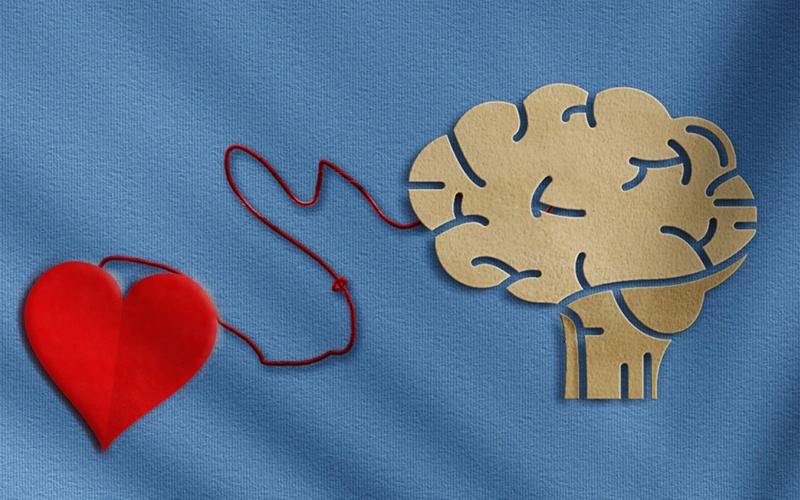Optimism vs. Pessimism: Understanding Your Life Outlook
The way we perceive the world around us has a profound impact on our emotions, behaviors, and overall quality of life. One of the most researched areas in psychology when it comes to worldview is the concept of optimism and pessimism. These two terms describe whether we generally expect positive or negative outcomes in uncertain situations. Understanding whether you are an optimist or a pessimist can reveal key insights about how you approach challenges, relationships, and goals.
What Is Optimism?
Optimism is characterized by a general expectation that good things will happen. Optimists believe that setbacks are temporary, and they focus on solutions rather than problems. People with a naturally optimistic mindset tend to be more resilient and proactive in overcoming difficulties, and they often report higher levels of life satisfaction.
Research shows that optimists tend to have better physical and mental health. They are more likely to engage in behaviors that promote well-being, such as exercising regularly, maintaining a balanced diet, and seeking social support. Optimists are also less prone to stress, anxiety, and depression, as their positive outlook helps buffer the emotional effects of life's inevitable challenges.
What Is Pessimism?
On the other hand, pessimism is marked by a tendency to expect negative outcomes. Pessimists may focus more on what could go wrong, often interpreting setbacks as signs of larger, uncontrollable problems. Pessimism is linked to higher levels of stress and a tendency to give up when faced with difficulties.
Pessimistic thinking can stem from past experiences, learned behavior, or environmental influences. While it can help some people avoid disappointment by lowering expectations, chronic pessimism may lead to a cycle of negativity, impacting mental and physical health. Research indicates that pessimists are at greater risk for conditions like depression, anxiety, and chronic stress, as they may feel less capable of managing adversity.
The Optimism-Pessimism Spectrum
It’s important to note that most people don’t fall strictly into one category or the other. Many of us exhibit traits of both optimism and pessimism depending on the situation. For instance, you might feel optimistic about your career prospects but pessimistic about your relationships. This spectrum of outlooks suggests that people are not fixed in one mindset, and personal growth, experiences, and deliberate changes in thinking can shift one's position on the scale.
The Impact on Daily Life
Your overall outlook—whether optimistic or pessimistic—plays a role in how you handle daily stress, make decisions, and pursue long-term goals. Optimists are more likely to persevere in the face of obstacles, whereas pessimists may withdraw or disengage from challenges. Understanding where you fall on this spectrum can be the first step toward enhancing your coping strategies and improving your overall well-being.
Conclusion: A Balanced Perspective
Both optimism and pessimism serve different purposes. While optimists may approach life with more enthusiasm and resilience, a degree of pessimism can be helpful in anticipating risks and preparing for challenges. The key is to maintain a balanced perspective, using optimism to fuel hope and perseverance while allowing pessimism to help navigate potential pitfalls.
If you’re curious about where you stand on the optimism-pessimism spectrum, take the Optimism and Pessimism Test to discover your natural tendencies. Self-awareness of your outlook can empower you to make meaningful changes and embrace a more fulfilling life.



